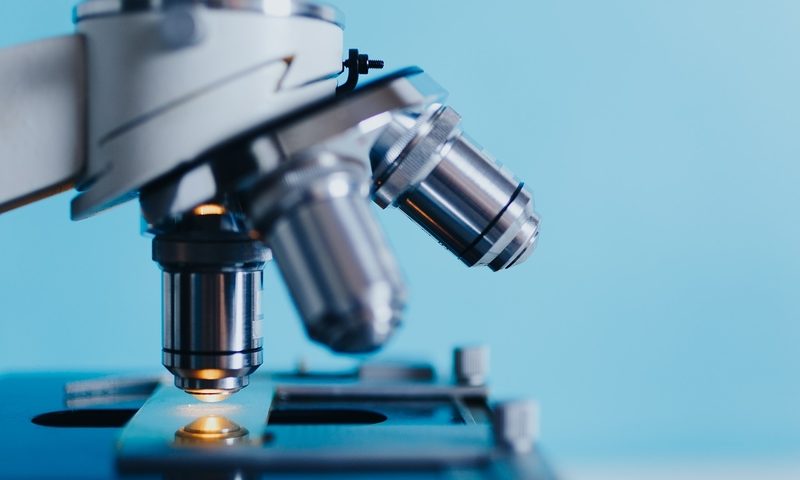To add a new set of revenue building-blocks, Astellas Pharma has snapped up the bioelectronics developer Iota Biosciences and its ultra-small medical implants in a deal worth up to $304 million.
The Japanese drugmaker says Iota’s tiny devices could work against multiple diseases, either alone or alongside its portfolio of prescription medicines.
The deal includes an initial payment of about $127.5 million, covering all the equity that Astellas did not acquire as an investor in Iota’s 2018 series A round. Astellas also signed on to $176.5 million in development-related milestone payments. The deal is expected to close before the end of March 2021, and afterward Iota will be an independent subsidiary under Astellas’ U.S. umbrella.
Plus, Astellas pledged to spend $125 million to help grow the project over the next five years, as well as multiple clinical trials in different therapy areas.
The two companies previously inked a research deal in August 2019 to begin exploring Iota’s “neural dust” platform—millimeter-sized, wireless implants powered by ultrasound waves, and designed to monitor tissues or potentially stimulate nerves individually.
At the time, the drugmaker said the project aimed to explore new methods of delivering diagnostics and new types of therapies that could work alongside pharmaceutical treatments, or even replace them.
Developed at UC Berkeley, Iota’s grain-sized neural dust devices do not require batteries, which means they can be implanted via less-invasive procedures and can reach nearly anywhere in the body.
The external ultrasound waves not only power the implants, but also enable two-way wireless communication. By modulating individual nerves, the company aims to treat conditions ranging from arthritis to cardiovascular disease, or have them act as targeted diagnostics.

Now, Astellas says the 2019 R&D agreement has illustrated the bioelectronic devices’ potential in several diseases where current treatments are inadequate.
“I believe that Iota’s technology is a promising core technology that can be applied not only to the current programs we are working on, but to broader types of diseases that have yet to be worked on,” Astellas President and CEO Kenji Yasukawa said in a release.
“I expect that the combination of their capabilities with our strength cultivated through our Rx business will become a strong basis to further drive our Rx+ business,” Yasukawa added, referring to the company’s strategy to develop technologies that complement its prescription drugs.

